Placenta consumption hasn’t been shown to have any health benefits, but it can cause infections
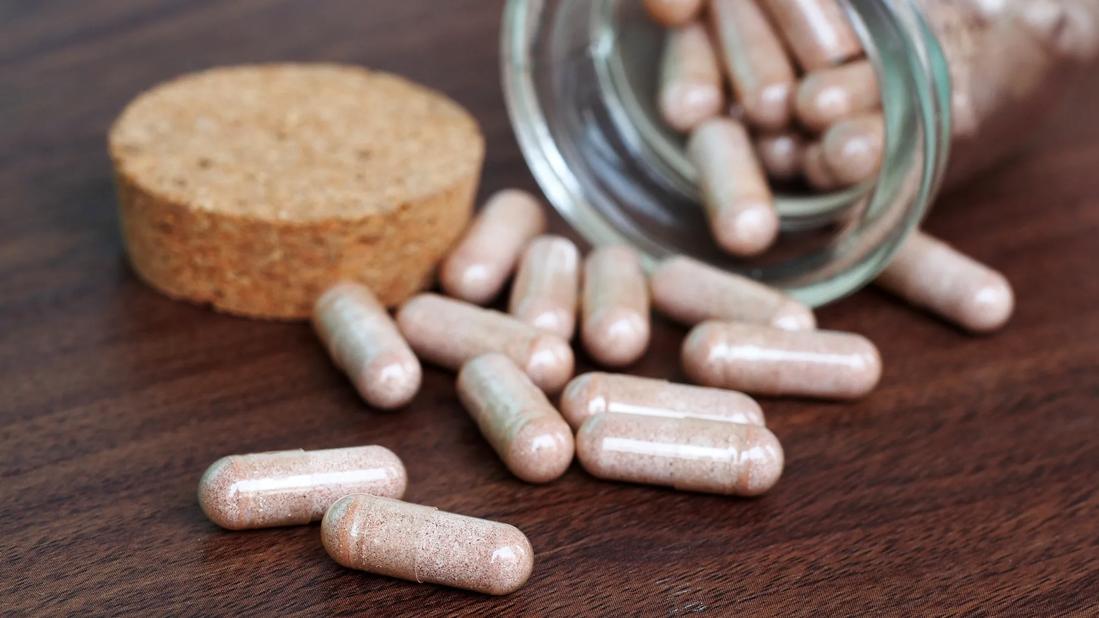
What do Kim Kardashian, Chrissy Teigen and Mandy Moore have in common? They’re just a few of the famous mothers who say they’ve eaten their placenta after giving birth.
Advertisement
Cleveland Clinic is a non-profit academic medical center. Advertising on our site helps support our mission. We do not endorse non-Cleveland Clinic products or services. Policy
But Ob/Gyn Oluwatosin Goje, MD, says it’s not a safe or recommended practice, and it doesn’t have any proven health benefits.
Dr. Goje explains why your placenta’s job is done once your baby has arrived.
Placenta consumption, or placentophagy, is the idea of eating your placenta after you’ve given birth. This temporary organ, which develops in the uterus during pregnancy, is sometimes called the “afterbirth” because you push it out vaginally after delivery (or a doctor removes it during a C-section).
Though many mammals eat their placenta, humans historically haven’t. It’s a practice that’s only developed in recent decades, largely due to celebrities and influencers who claim it helps them rebound after childbirth. Some people say eating the placenta ups their energy levels, increases breast milk supply and fends off postpartum depression.
But research hasn’t shown those claims to be true.
“The idea is that if this placenta has been nourishing the fetus in utero, maybe it could have some benefit to the mother,” Dr. Goje explains. “But in general, it’s a practice that is very much not recommended.”
Methods of placenta consumption vary. Some people blend it into smoothies or even turn it into elaborate meals. But the most common form is placenta encapsulation, meaning the organ is dried, powdered and turned into pills taken by mouth.
Advertisement
Studies don’t support claims that eating placenta has any significant health benefits. But some people do it because they believe it can:
Dr. Goje says most studies claiming such benefits are either poorly done or biased because they use self-reported surveys — or as one study notes, “available information is mostly hearsay.”
“Some people feel that the placenta is a part of them, that it has importance because of everything it did to nourish and protect their baby,” Dr. Goje acknowledges. “That may lead to a feeling of reverence — that maybe this thing that nourished your baby in utero is worthy of nourishing you as well.”
But the problem is that there’s no proof that it works, and it can even be unsafe.
The placenta can carry toxins and bacteria, which can cause infection. This poses a risk not only to you but also to your baby, if you’re breastfeeding.
“When it comes to eating your placenta, the risks really outweigh any perceived benefits,” Dr. Goje says.
The biggest risk of placenta consumption is contracting an infection. Why? Because during pregnancy, this organ serves as a clearinghouse that protects the fetus from toxins and bacteria. When the placenta leaves your body after birth, it takes any bad stuff with it.
“If you later ingest the placenta, you’re reintroducing those toxins and bacteria back into your system,” Dr. Goje explains. “You’re also putting them into your stomach, which is a part of the body where the placenta is not meant to be.”
The U.S. Centers for Disease Control and Prevention (CDC) warns against consuming placenta in a case study about an infant who was hospitalized for late-onset group B strep infection. This infection, which can be very serious in newborns, was linked to bacteria found in the mother’s placenta pills.
There’s no standardization or regulation around the ways that a placenta can be preserved or processed. For starters, many hospitals don’t store it in any hygienic form. And though some companies will dehydrate your placenta and turn it into pills for you, that process isn’t regulated by the U.S. Food and Drug Administration (FDA).
“Inadequate handling and preparation of the placenta may not eradicate pathogens,” Dr. Goje cautions. “There’s no guarantee it’s being heated at the appropriate temperature and length of time needed to destroy any infectious bacteria and viruses it might contain.”
Thinking of doing it yourself? The same concerns apply, whether you blend the placenta into a smoothie or cook it into a meal.
Advertisement
“There’s just no way for you to know whether you’ve eradicated any bacteria,” she warns.
It’s safest to avoid this practice entirely, Dr. Goje advises. If you’re considering eating your placenta after giving birth, have a conversation with your healthcare provider about the potential risks.
Remember, though: The placenta is a temporary organ with just one very important purpose. Scientifically, once that purpose is fulfilled, the organ itself has no further use.
“After you’ve given birth, the placenta has done its job,” Dr. Goje reiterates. “It's given you this beautiful baby. And the baby is the reward, not the placenta.”
Advertisement
Learn more about our editorial process.
Advertisement

Sitting, squatting and side-lying may provide a more comfortable labor and delivery
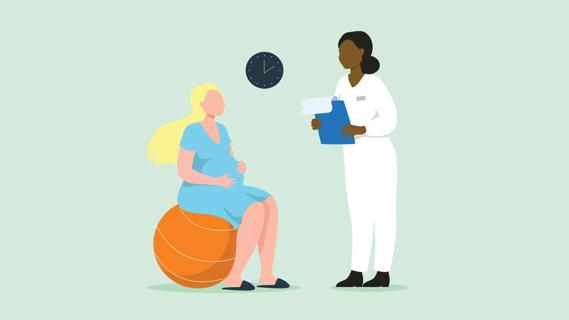
Use relaxation techniques and breathwork to help manage the discomforts of a medication-free birth

Rinses, sitz baths, ice and medication can help the healing
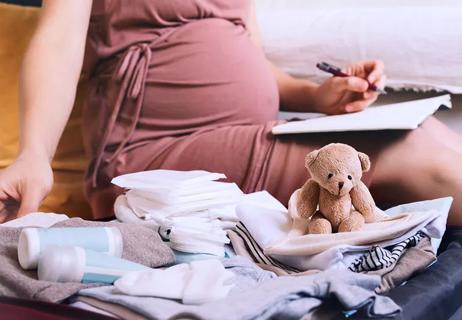
Babies aren’t great about scheduling, so be sure to pack a month or two before your due date
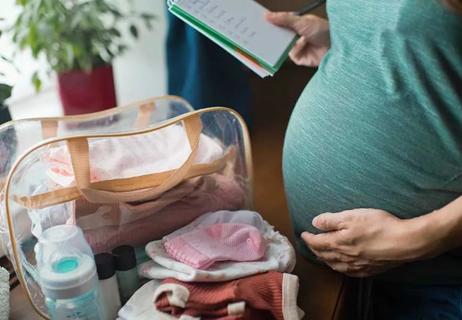
You can plan for almost anything, but be flexible about the outcome
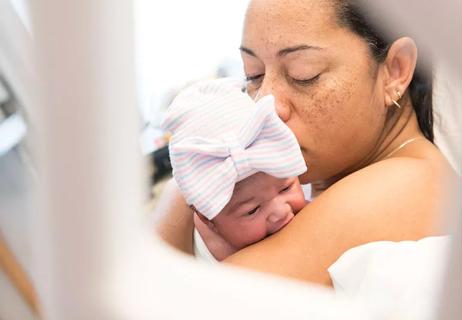
There are risks to having a C-section and benefits to vaginal birth

What to expect after having surgery

A Q&A examining the reasons behind this change and what it means for new mom + their babies

If you’re feeling short of breath, sleep can be tough — propping yourself up or sleeping on your side may help

If you fear the unknown or find yourself needing reassurance often, you may identify with this attachment style

If you’re looking to boost your gut health, it’s better to get fiber from whole foods